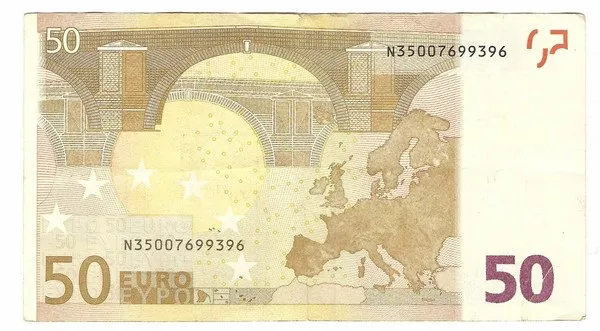Sweden is one of the few European Union (EU) member states that does not use the euro as its currency. While most EU countries adopted the euro after its introduction in 1999, Sweden has remained outside the Eurozone, retaining its own currency, the Swedish krona. In this article, we explore the reasons why Sweden has made this decision and examine the potential implications for the country’s economy.
The History of Sweden and the Euro
Sweden joined the EU in 1995 but opted out of the third stage of the Economic and Monetary Union (EMU), which would have required the adoption of the euro. At the time, a national referendum was held in Sweden, and 56% of voters rejected the proposal to join the Eurozone.
Since then, there have been no further attempts to join the EMU or adopt the euro. Instead, Sweden has maintained its own currency, the Swedish krona, which it has had since 1873.
Reasons Behind the Decision
There are several key reasons why Sweden has chosen not to adopt the euro:
1. Economic Stability
One of the main factors behind Sweden’s decision not to adopt the euro is its economic stability. Sweden has a highly developed and resilient economy with a strong export sector, which has helped it weather economic downturns effectively. With the ability to control its own monetary policy and exchange rates, the country has more flexibility to respond to economic shocks and maintain its competitiveness.
2. Public Opinion
Another important factor is public opinion. The referendum in 2003 showed that a majority of Swedish citizens were against adopting the euro. Since then, there has been little appetite among Swedes to revisit the issue. There is a general sentiment that the country is doing well economically without the euro and that adopting the common currency would not bring significant benefits.
3. Political Will
There has also been a lack of political will to adopt the euro. The Swedish government has not pushed for membership in the Eurozone, and there is little support among political parties for joining. This reflects a broader trend in Europe, where there has been growing skepticism towards further political integration.
4. Structural Differences
Sweden has a different economic structure than many other EU countries. The country has a relatively small domestic market, with exports accounting for a large share of its economy. This means that exchange rates play an important role in maintaining competitiveness and supporting economic growth. Additionally, Sweden has a high degree of social welfare spending, which requires significant government resources. Joining the Eurozone would mean giving up control over monetary policy, potentially limiting the government’s ability to fund social programs.
Potential Implications
While Sweden’s decision not to adopt the euro has so far been successful, there are potential implications for the country’s economy:
1. Limited Influence in the Eurozone
By remaining outside the Eurozone, Sweden has limited influence over the common currency’s policies and decisions. This can be a disadvantage when it comes to trade and economic relations with other EU member states that use the euro. It may also limit Sweden’s ability to shape the future direction of EU economic policy.
2. Exchange Rate Fluctuations
As a non-euro member, Sweden’s currency, the krona, is subject to greater fluctuations in exchange rates. This can make it more challenging for Swedish businesses to plan and invest, particularly in times of economic uncertainty. Additionally, a weaker krona can lead to higher import costs, increasing inflation and putting pressure on the country’s social welfare system.
3. Integration Challenges
Sweden’s decision not to adopt the euro also creates challenges for integration with other EU member states. For example, it means that Sweden cannot participate in the European Stability Mechanism, which provides financial assistance to member states in times of crisis. There are also concerns that Sweden’s position outside the Eurozone could limit its ability to participate in EU decision-making processes.
Conclusion
Sweden’s decision not to adopt the euro has been based on a combination of economic stability, public opinion, political will, and structural differences. While there are potential implications for the country’s economy, so far, the decision has allowed Sweden to maintain greater flexibility over its monetary policy and exchange rates.
As Europe continues to grapple with economic uncertainty and political challenges, it remains to be seen whether Sweden’s decision to remain outside the Eurozone will continue to serve the country’s interests. However, with little appetite for change among Swedish citizens and political leaders, it is likely that the status quo will remain for the foreseeable future.


